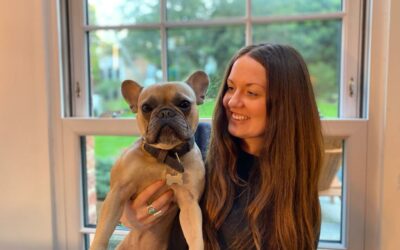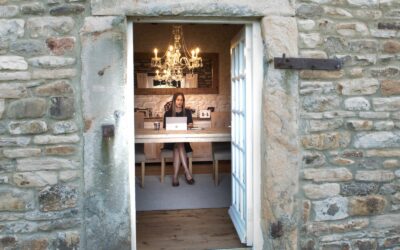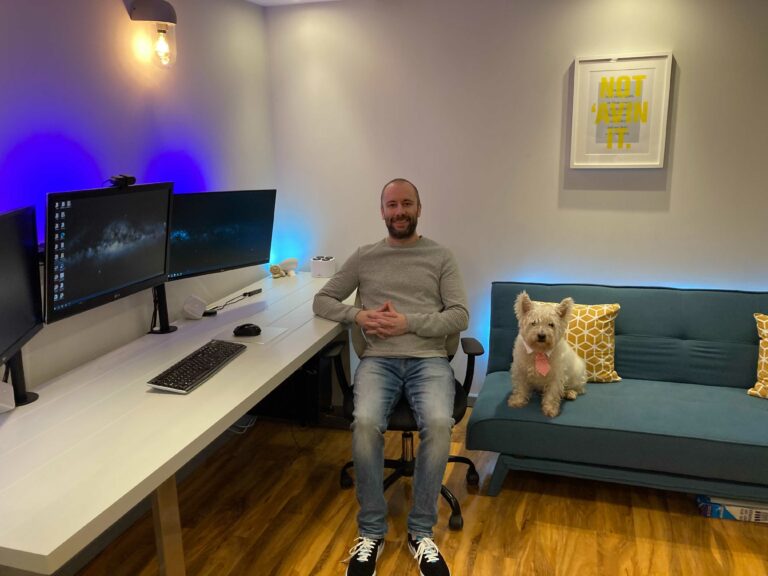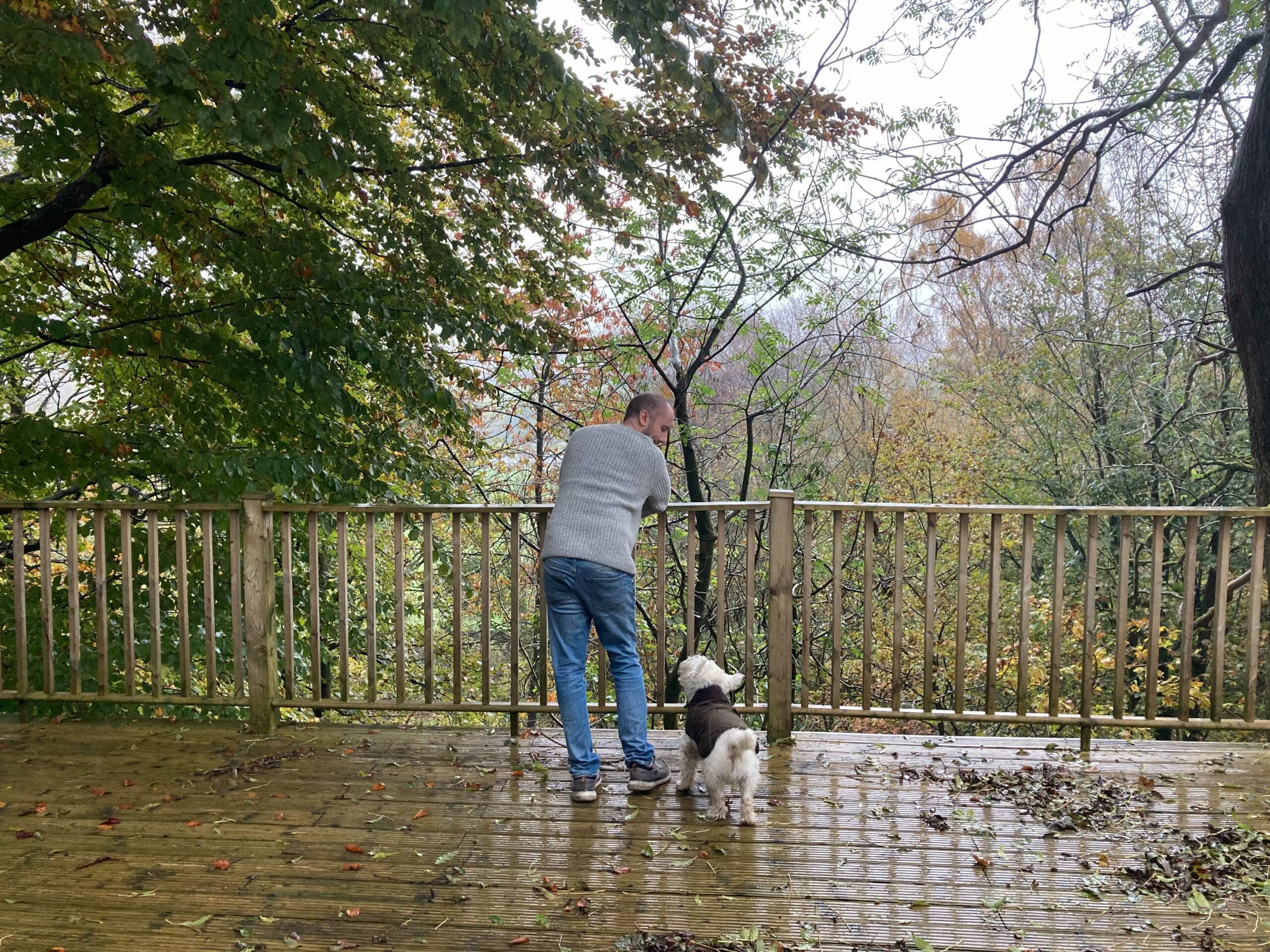Founder and director of theEword, Al Mackin, launched the Manchester digital strategy agency 14 years ago.
At theEword, he manages new business as well as its finances. He’s also been working on Re-x labs, the incubation facility which theEword has created to help clients build new technologies. He has a strong background in digital marketing and technology, and is the Chair of Forever Manchester, which raises money for causes all around the city.
Having already spent some time working from home, here’s what the shift to WFH every day has looked like for Al.
Where in the house do you work?
I have a dedicated office space downstairs, which I finished renovating during lockdown. Even though the last stage was just to paint and put up some wall lights, I now feel capable enough to tackle a much larger project like building an entire hospital. It’s peaceful and spacious here, and there’s enough space for a “micro-gym” (some weights that I occasionally move around) and a sofa that my dog sleeps on.
I’m a fan of automation, so when I walk in the office, a ceiling sensor turns on the lights, my monitors and a device I’ve bought recently called a Moodo. This is a scent emitting box that makes my office smell like a spa, and I think it’s amazing but no one I talk to about it does.
I’ve always worked from home to some degree so this room has been in the making since we moved into this house. I’ve devoted a lot of time to thinking about what makes the space perfect for me because it’s where I spend most of my time.
Paint a picture for us of the view from your window.
My office has no views. There’s a window to the side that’s frosted but on my occasional trips to the kitchen all I see is tree-tops. We sit on the edge of a hill so the view from one side of the house gives the feeling of being in a tree-house, whilst the back looks onto a park.
We’re halfway between city life and the countryside, which – without really planning it that way – fits into where we’re at in our lives. The nearest Starbucks is just an eight minute drive, but we’re overrun with squirrels, foxes and aggressive snails.
If you have one, can you talk us through your home-working daily routine?
I get up early every day. Not to “Crush It”, or “Be More Bezos” – I either naturally wake up early or there’s an animal screaming nearby. I don’t have an exciting morning routine: tea, toast and work, with a dog walk around 8am, then a daily Zoom at 9am.
Enforced WFH has given me more of an opportunity to think about what routine makes me the most productive, and it’s less about the makeup of my day, and more about the week.
I need to have unrestricted free time during the week to work on the bigger projects in the business. Last week was meeting-heavy, and whilst it was productive in a way, it didn’t feel like I could move the business forwards as much as I wanted to. I’m now more conscious of how my week looks and push out meetings to keep free time.












